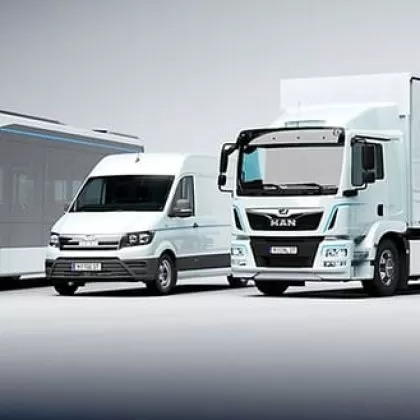Why Small Businesses Are the Future of Kenya’s Economy

In every town, estate, and village across Kenya, there’s a business story unfolding. A kiosk opens at dawn. A boda boda operator delivers goods. A small tailoring shop completes school uniforms. These are not just income sources—they are the foundation of the Kenyan economy.
While large corporations attract headlines, it is small businesses—from mama mbogas to mobile repair shops—that keep the wheels of commerce turning.
As the global economy shifts and local markets evolve, one truth remains: Kenya’s future lies in the hands of its entrepreneurs.
Why Small Business Matters Now More Than Ever
- Job Creation in the Informal Sector
Over 80% of jobs in Kenya come from the informal sector. These businesses may not have formal offices or logos, but they offer employment, stability, and hope to millions of families. Every small business contributes to solving the unemployment crisis, especially for youth and women. - Community-Based Solutions
Small business owners understand local needs better than anyone. Whether it’s a milk vendor in Bungoma or a cyber café in Kitale, these entrepreneurs respond quickly to gaps in their communities—and offer services with cultural insight and agility that big firms often can’t match. - Economic Resilience
During tough times like COVID-19 or inflation shocks, it was small businesses that pivoted fast, adapted quickly, and kept supply chains alive. Entrepreneurs took to mobile selling, delivery services, and digital payments—showing true resilience.
The Real Barrier Is Not Capital—It’s Inaction
Too often, people delay starting a business because they feel underprepared. But the truth is, most successful entrepreneurs started small, failed forward, and learned along the way. If you’re waiting to raise KES 500,000 before you begin—you might wait forever.
Instead:
- Start with the KES 5,000 you have.
- Use what’s in your hand.
- Leverage digital tools, even free ones.
- Get your first customer—not your first investor.
The Digital Advantage for SMEs
Technology has leveled the playing field. Today, with just a smartphone and internet connection, a business can:
- Reach thousands of customers via social media and online platforms.
- Accept mobile payments through M-Pesa.
- Advertise to a targeted audience using low-cost digital marketing.
- Sell nationally through online marketplaces like VastaraShop.com.
The businesses that embrace this shift—however small—are the ones that will survive and grow.
Five Principles for SME Growth in Kenya
- Solve a Real Problem
Your business should address a local pain point, not just copy what others are doing. - Know Your Numbers
Track your income, expenses, and profits. Ignorance of numbers kills more businesses than competition does. - Build Relationships
Customers return not just for products, but for how you treat them. - Think Long-Term
Short-term gains are tempting, but sustainable businesses think about tomorrow. - Stay Visible
If people can’t find your business online, they might never find it at all.
Final Thoughts: Build, Don’t Wait
Every day, you delay starting or growing your business is a missed opportunity. Kenya needs more job creators, risk-takers, and problem-solvers. Whether you're reselling clothes, baking, offering delivery services, or repairing electronics, you are playing a part in transforming the economy.
Don’t wait for perfect. Start with purpose. Grow with consistency. Succeed with resilience.






























